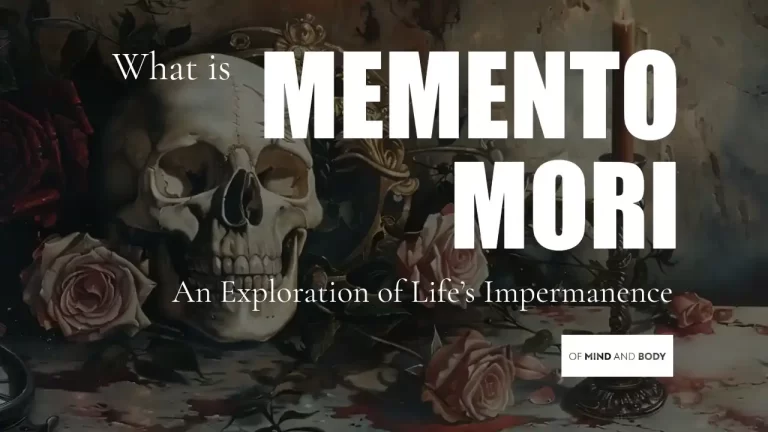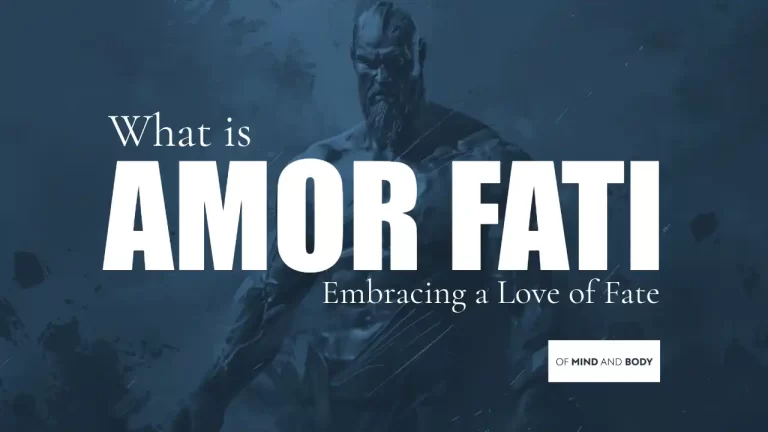We’re a good week or two into lockdown 2.0, and there’s no doubt that this time it feels different. We’ve been here before, we know what we’re doing. Toilet roll is in plentiful supply, Zoom calls are no longer a novelty. We’ve got the kinks ironed out, and the begrudging familiarity of the situation is making things slightly easier to bear.
As I write this, we have just been given the news that a vaccine has passed stage 3 trials and, if things go smoothly, will be available before Christmas. This would give us all a much brighter outlook for the new year and signals the beginning of a new hope in the battle against the Coronavirus.
News of a vaccine ignites a torch of possibilities, but this doesn’t change the fact that we are once again in lockdown for at least the next 3 weeks.
With a fresh lockdown comes a fresh set of challenges to our mental and physical wellbeing.
Despite the fact that the imposed restrictions are to protect us from a potentially deadly virus, our physical and mental health can deteriorate in other ways.
When a situation is forced upon us there will, inevitably, be resistance in our minds. If we are not careful this resistance will expand in our consciousness and fill up our available mental bandwidth, as we fixate on what we are losing, people we can’t see, and the restrictions on our freedom.
Our interactions with others strengthens our resistance as we bond in the shared injustice inflicted on us by the rules and regulations of national lockdown.
How quickly we can accept and adapt to our situation will be key in reducing unnecessary misery brought on by the forthcoming isolation.
It’s time to take a leaf out of the book of the stoics.

Questions to contemplate.
What am I worrying about the most?
Take a moment to have a good look at your thoughts. Is there a common theme? Is there a particular subject that dominates your mental landscape?
Can I control this?
This is the golden ticket question, the point at which you can really shine a light on the futility of your thoughts. But don’t worry… even your thoughts aren’t under your control, so don’t feel too bad about it.
The following paragraph from The Stoic Guide to a Happy Life by Massimo Pigliucci can help you decipher what is within and what is without your control.

“Some things are entirely up to you, while other things are not entirely up to you. (…)
Entirely up to you are your considered judgements, your opinions, your goals, your adopted values, and your decisions to act or not to act – in essence, what you decide upon after reflection or deliberation.
Not entirely up to you is pretty much everything else, but especially your body, your relationships, your career, your reputation, and your wealth – in essence, things you can influence but the outcome of which also depends on others.”
Some of these may seem surprising, but this is at the core of Stoic philosophy. What we control are internal factors, what we do not control are external factors.

Where else would it be better to focus my attention?
Identify areas of your life that you do have domain over, and focus your attention there.
We have control over how we react to situations, but not over the situations themselves. We can lament that we can’t get out and socialise, go to the gym, or get a haircut. We can blame politicians for not acting quickly enough, or for acting too quickly. We can get upset with people around us if we think they are not following social distancing rules properly.
Or we can accept that we are where we are, we cannot control the lockdown rules, so we would be better placed expending emotional energy on things that we can control.
I have faith that we will emerge from this pandemic in the near future, with a renewed appreciation for those things we once took for granted.
Until then we have the choice to spend time cultivating a positive approach to our mental wellbeing, and developing a robust cognitive toolkit that will allow us to support our own emotional needs and the needs of those around us.

Photos:



